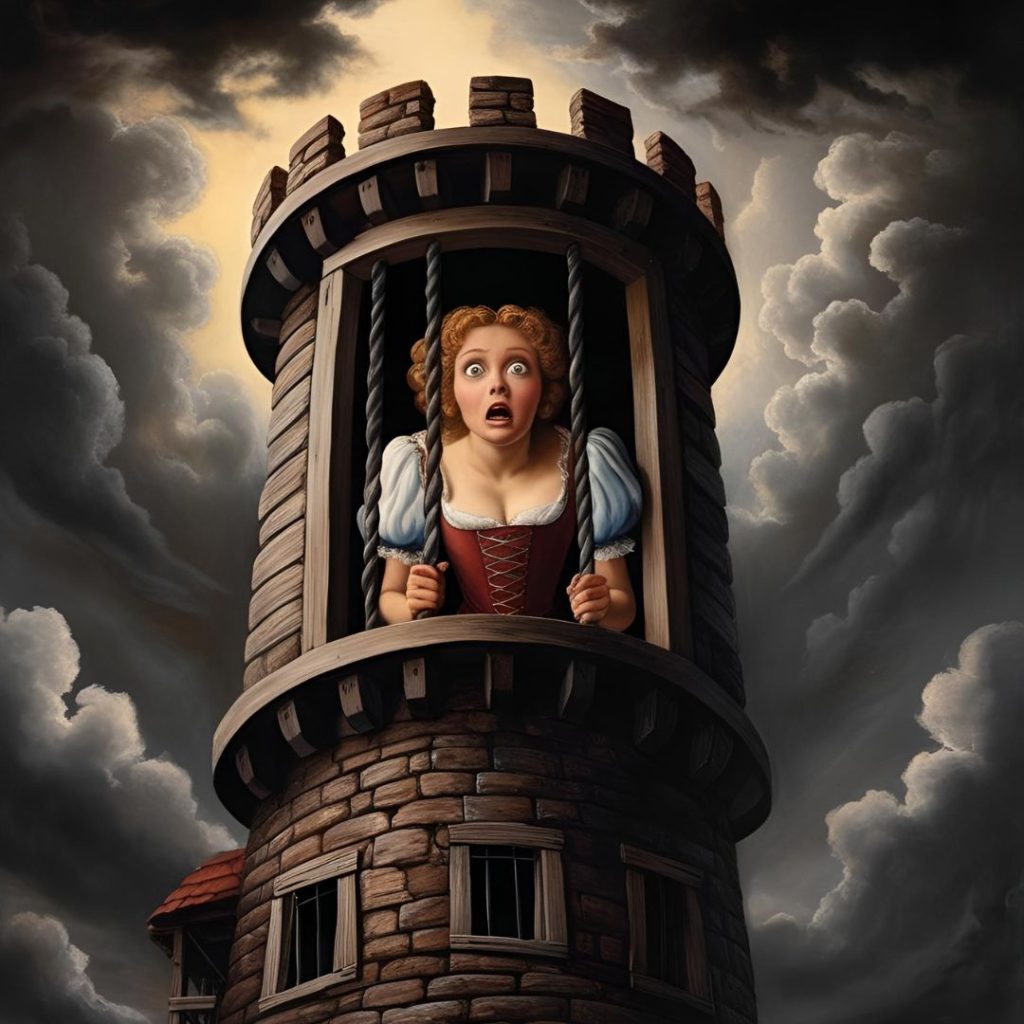Cliché Tropes, Done Right!
Heavenlee Vaaj
Introduction
Do you ever get frustrated about the protagonist pulled into another prophecy? Or found out that your favorite side character was the villain all along? What about the childhood best friend who is second-hand to the love interest? Cliché tropes will find a way to seep through even the most promising works that strive to stray away from them. While these typical characters may be inevitable, there is a right way of incorporating these repetitive themes without overdoing their stereotypes.
What are Cliche Tropes?
A cliché trope is an overused, predictable element of a story, whether it’s an unoriginal plot or conventional protagonists. However, skilled writers realize it’s more than just the characters that can be found in The Breakfast Club. They don’t simply create a band of the popular cheerleader, a football player, and the anxious, nerdy teenager, but authors compose elaborate personalities. Think, Pride and Prejudice, The Great Gatsby, and even Lord of the Rings. What do these novels have in common? These popular works maintain their ability to engage audiences, regardless of trite components. Let’s take a look at some basic examples.
- Enemies to Lovers Trope: The classic I hate you, but I find myself drawn to you trope. (E.g., Elizabeth and Darcy, Shakespeare’s Beatrice and Benedick, Kate and Anthony, etc.)
- American Dream Trope: An aspiring young character hopes to find new life and identity in America, usually confronted with racial issues. (E.g., To Kill a Mockingbird, Of Mice and Men and The Adventures of Huckleberry Finn.)
- The Chosen One Trope: An unlikely protagonist is chosen to fulfill their destined prophecy, sometimes accompanied with a gang of misfits. (E.g., Harry Potter, The Maze Runner and the Wings of Fire Series.)
You get the gist. Though, when we focus on characters, these are the top three you may bump into when reading a novel:

- Reluctant Hero: A character who never wanted to be the hero, but for some reason, the fate of the world depends on it. Take Katniss from The Hunger Games, she only became a hero to protect her sister, not necessarily because she hoped to become one.
- Old, but Wise Mentor: The skilled elder who disciples the hero into a better person. Dumbledore, Gandalf, all that jazz. Bonus points if they turn out to be evil, or they’re closely related to the protagonist.
- Damsel in Distress: Your typical, helpless female character that’s always in need of saving. Every. Single. Time. If you’re thinking of Buttercup from The Princess Bride, you have a pretty good idea of what this is.
What does NOT work?
Now that we have an understanding of the most common factors in Young Adult literature and media, let’s discuss what does not work. Authors should never avoid ignoring the in-depth details when writing tropes. While clichés can lack original thought, writers can counter this by exploring important values in their personality. Furthermore, characters are much more complex than their trademark. Percy Jackson is not just the “chosen one” and the son of the god Poseidon. He’s compassionate, determined and has an emotional connection with his mom that motivates him to go seek his true identity. I’ve tracked down a more specific list of what may be detrimental in storytelling.
- Unrealistic archetypes that are not at all relatable.
- Simply telling what makes a character cliché, instead of actively showing.
- Overselling the banal attributes of a trope. (It should not be their entire reason of existence.)

Cliché tropes are widely disliked because they are overemphasized and shallow. Take Bella Swan and Lois Lane, for instance. These women are the stereotypical, helpless love interest to the main hero– both possess similar character archetypes, but there is a difference in personalities between the two. For Bella, she has a pessimistic outlook on life, and to be frank, careless about the people around her unless it’s Edward, her boyfriend. She is the “new girl” who takes interest in the “bad boy” of her high school.
Lois Lane, although she requires saving from Superman, relates to the audience because she’s highly opinionated and hard working at her job. She was written with emotional depth and her character is beyond just being Superman’s love interest. I would argue that the latter plays a more compelling role because Lois possesses richer attributes that transcends a typical damsel in distress.
What DOES work?
These are suggestions on what to avoid when writing a piece. However, how are tropes done right? How does the inevitable become unique and appealing? Take a look at the following:
- Characters who are 3 dimensional.
- Plots that have a creative twist.
- Writing details that are more expressive than their mundane cliches.
One of Us is Lying by Karen McManus is one novel that doesn’t lose its substance. In this thrilling story, the author introduces four characters suspected of murdering the misfit: the stoner, the jock, the brains, and the princess. They may appear with tedious personalities, but the chemistry between this trope advances the plot forward. For instance, the nerd stereotype is not the smart teenage girl who stutters in class with straight A’s. She’s headstrong, passionate for people she cares about and is all about second chances, which are qualities not often associated with the typical nerdy roles. When we critique the jock stereotype, he is not all bark and no bite. Rather, the jock is sensitive to the feelings of others, and takes a courageous stance when the opportunity arises. When authors implement practical purposes behind a character, it fosters a deeper appreciation for who they truly are.
Conclusion
Cliché tropes are inevitable but can be refreshing if they are constructed in a nicely balanced manner. A well-written character, no matter how flat their traits are, has diverse aspects that reveal their more profound motivations and drive. The key to incorporating effective clichés is playing with innovative backgrounds that define the characters, and reimagining tropes to a more authentic level. Once these perspectives are enforced, literature and media in the young adult genre become much more enjoyable.
Works Cited
Allen, Anne R. “Tropes and Archetypes vs. Clichés.” Anne R. Allen’s Blog… with Ruth Harris, 16 October 2022, . Accessed 11 February 2025.https://annerallen.com/2022/10/tropes-and-archetypes-vs-cliches/
Glatch, Sean. “How to Avoid Clichés in Writing: Tips & Exercises.” Writers.com. Achttps://writers.com/how-to-avoid-cliches-in-writing. 11 February 2025.
0 Comments